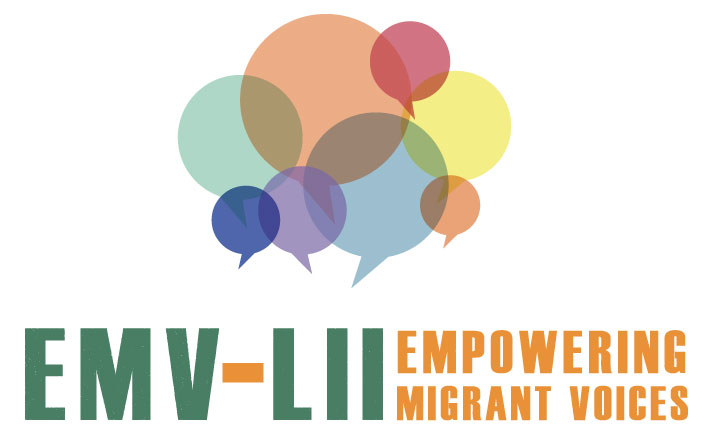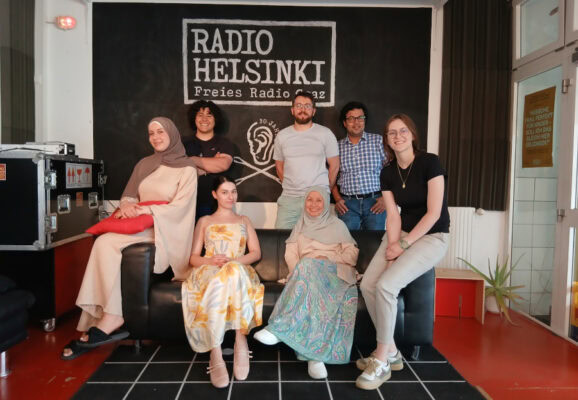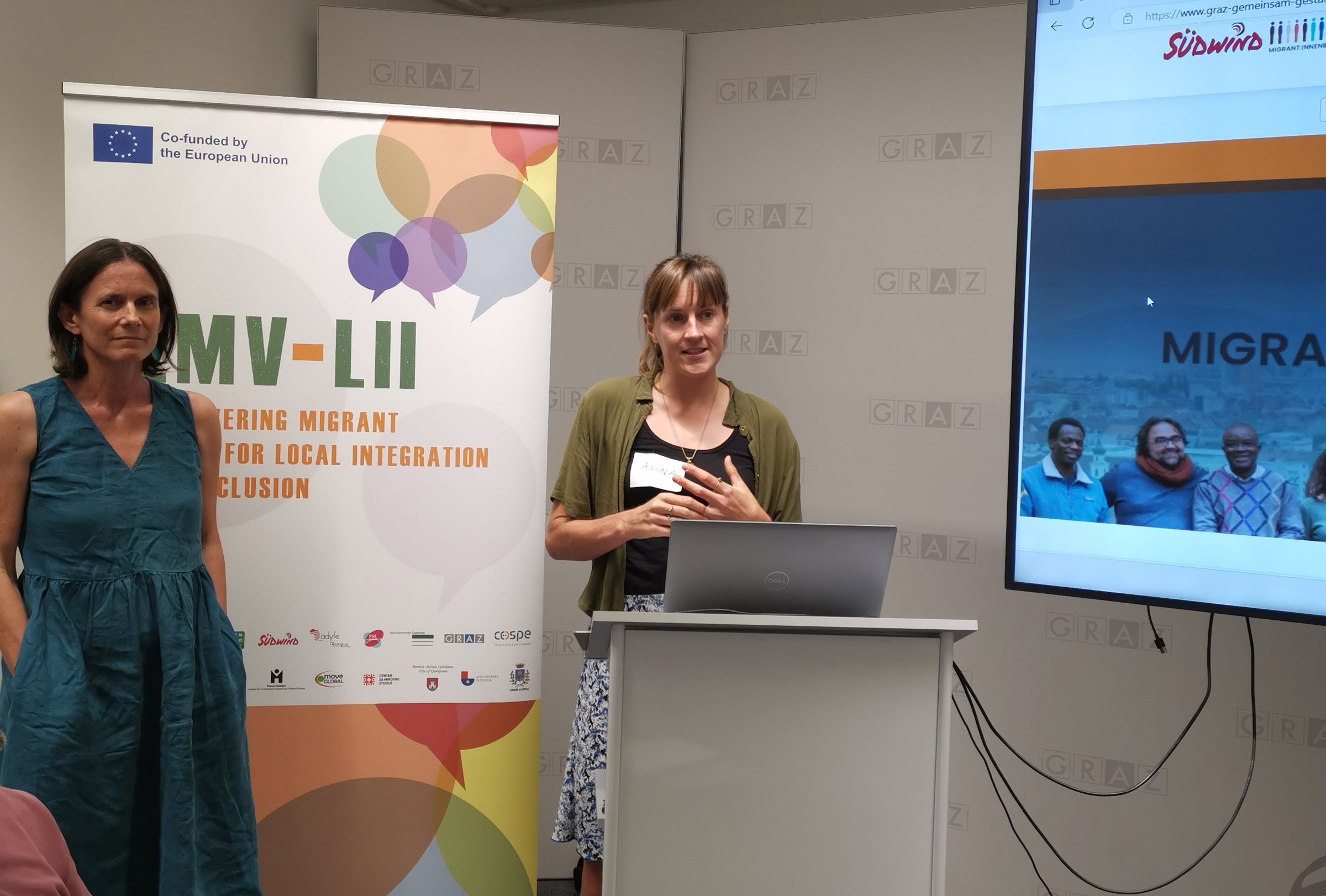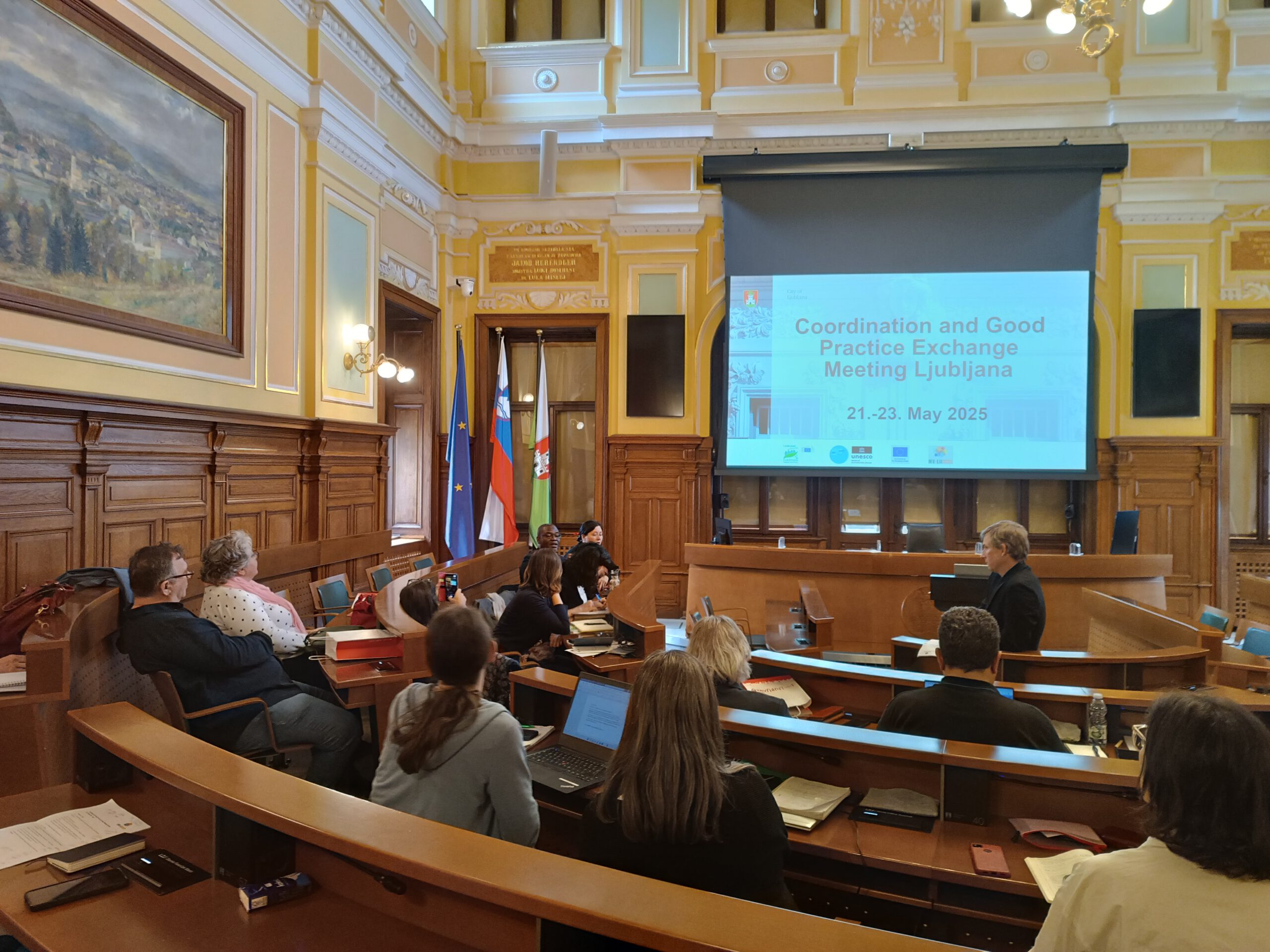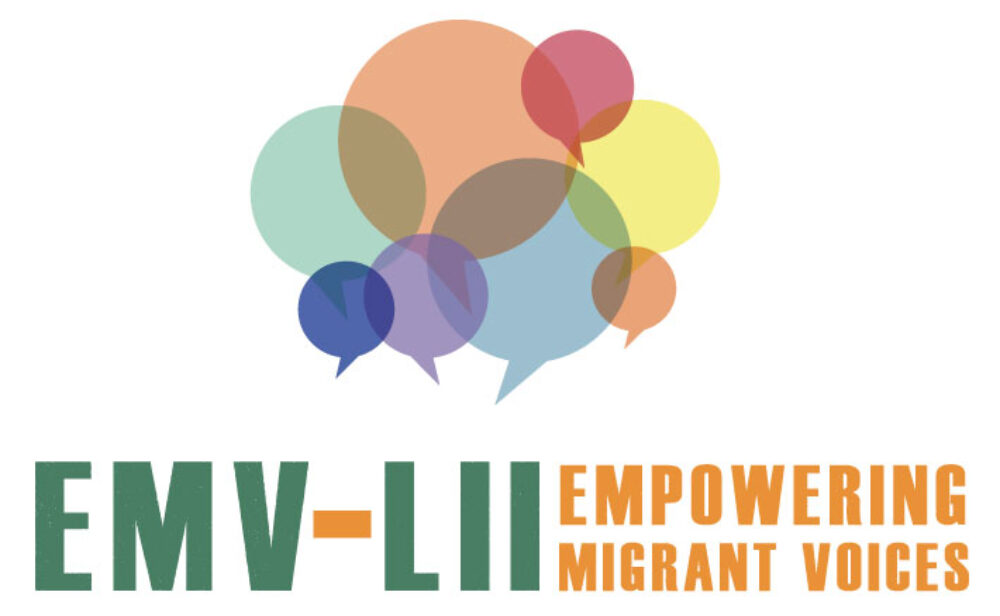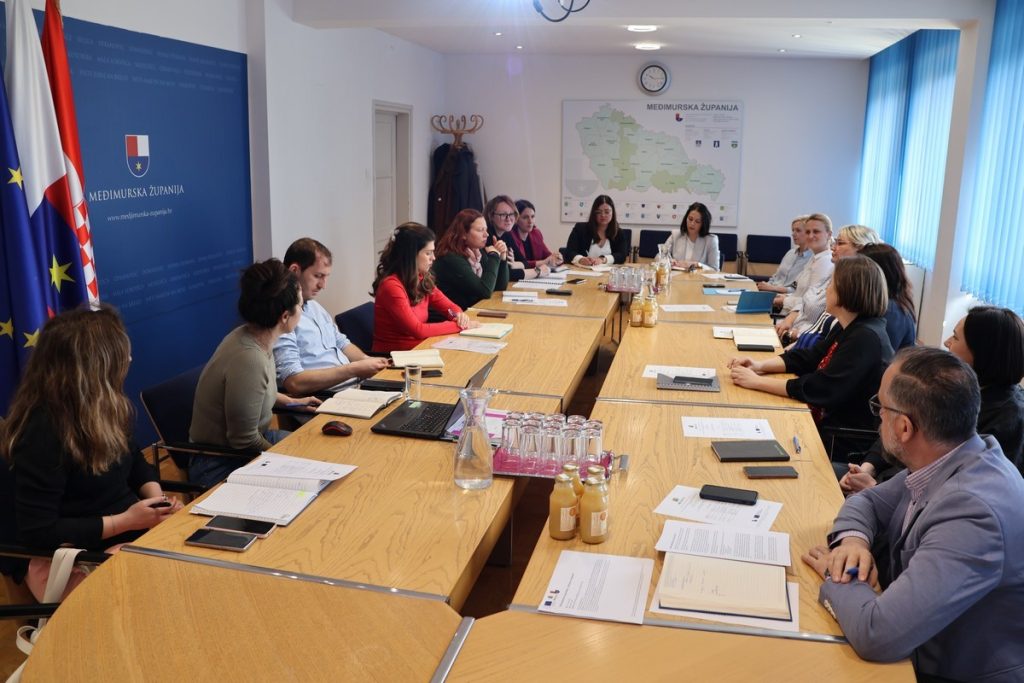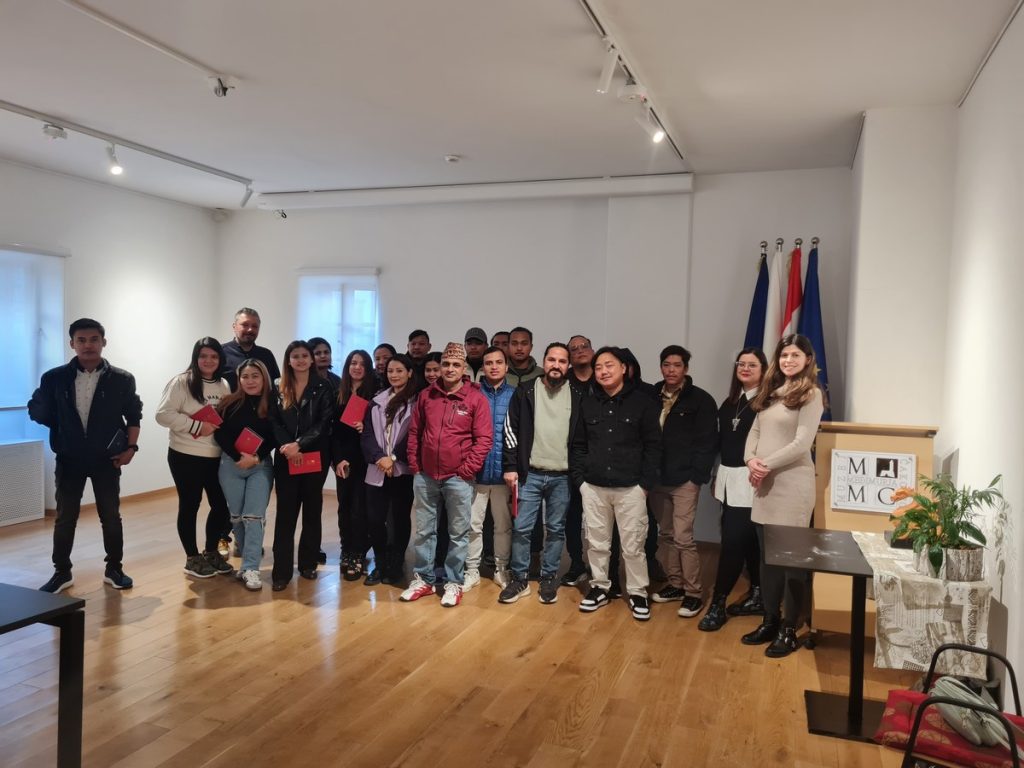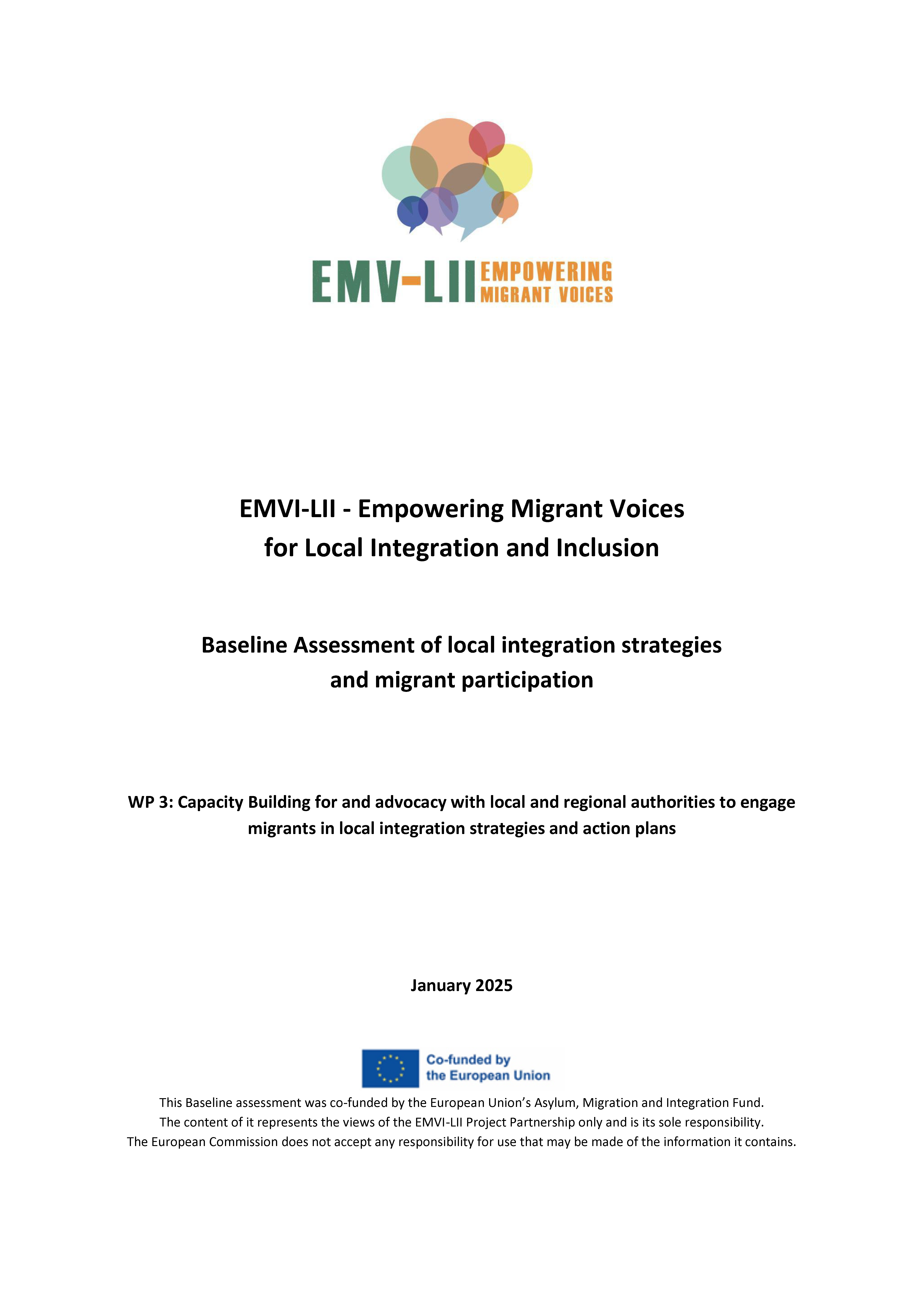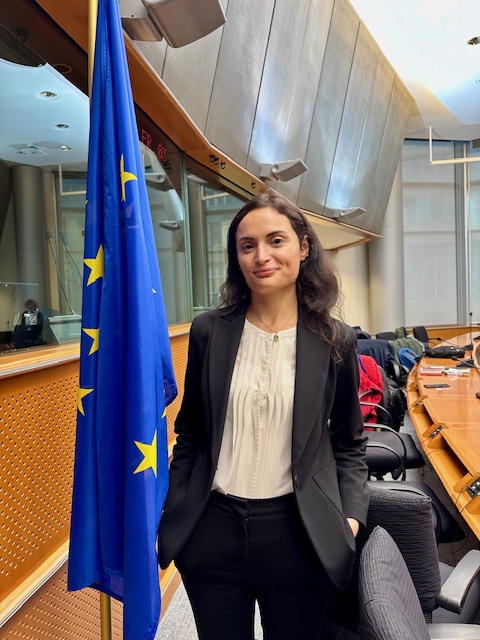
Inclusion in society inevitably involves obtaining citizenship, which means voting and being voted for, participating in the political life of the community but also having the qualifications to access a whole network of public services and possibilities, such as participating in public competitions or requesting a social pension. Having or not having citizenship makes all the difference in the world and it is the basis of the possibility of being or not being included in a European society. For this reason, it is essential that those who were born and raised in a country like Italy are recognized as Italian, as well as those who arrive in Italy and begin to live and study there. Senka Majda, president of the Arturo association of Santa Croce sull’Arno, in the province of Pisa, is speaking. The Arturo association was born in the 90s, when Italy experienced the first wave of mass migration, the one of Albanian people. “Operating in the territories of Pisa and Florence, over the years Arturo has developed various activities and services, dedicated to the integration and inclusion of foreign citizens who arrived in our territory.”
What does the Arturo association do?
The focus of our activity is the work on intercultural dialogue, helping young people and immigrant students – children born and raised here – to strengthen their skills and competences. At the moment we are working a lot with schools and we have a very large project with the Ministry of Education. We are trying to create groups within multidisciplinary and multiprofessional schools that support teachers but also students who need to face and overcome educational poverty.
What are the initial needs of foreign people?
Language, communication and cultural intermediation service are the basic tools that foreign citizens need to get in touch with the institutions and the community. I believe that the work done by associations, locally and elsewhere, must be systematic, in order to help immigrant people to feel part of the society. Only if they feel like protagonists in the community that hosts them they become active and they can participate with proposals and ideas to improve local and even national government policies. In my opinion, services for migrants should be structural and public. An association offers these services and this support on the basis of European projects and funds, perhaps with the help of local politicians but when the funds are no longer there, the collaboration with administrators and politicians is no longer there because the wind changes, those services are missing and people risk being further excluded from society and public life.
What is the point to be affected in order to truly achieve people inclusion?
Citizenship. Another important point that we believe in and that we try to promote is Ius Soli those born here must be Italian, they cannot wait 18 years to become Italian. The same goes for those who grew up here and who, in order to obtain Italian citizenship, have to wait 10 years of residence and then prove their income and a series of very difficult requirements that perhaps not even an Italian could guarantee to have. I say this because unfortunately Italian citizenship is the main cause of exclusion: since they can neither vote nor be voted for, it is clear that these people will not be able to feel like citizens, fully accepted and welcomed, and part of society. Moreover, the law must be standardised in some way among the various European countries: on the one hand we have Germany, which has reduced the years required to obtain citizenship from 8 to 5, on the other hand we have Italy where it takes more than 13 years between the years required to apply and the wait. This translates into a huge block to participation in public life and these people have lived in our territories for years, they pay taxes for the public services we all enjoy, but they are excluded from a whole series of possibilities, from public competitions to the possibility of choosing their political representatives.
More and more we are witnessing a differentiation of migrants, a categorisation between refugees, economic migrants, climate migrants, stateless persons, asylum seekers, international protection and so on. What does this cause?
The sectarianisation of migration is the fault of a schizophrenic immigration law. It consists of very diverse norms, interventions and practices at the level of territories and it is a regulation that also tends to criminalise the foreigner, which we also see from the terminology used, even in the media. It is in this context that the adoption of laws, in my opinion inhuman, against the person, is justified. This does not only affect those who come to us, fleeing poverty, hunger and wars in search of a better life, hence the weakest people, but also those who have lived and worked here for so long. A law, for example, is adding more and more requirements and delays in obtaining a residence permit, which is the first step to being able to stay in Italy legally. This also facilitates exploitation and dependence on practices that can reduce people to a state of slavery. In short, these are laws that absolutely must be changed. No one has ever had the courage to do so because everyone is afraid of losing votes.
What do you expect from the meetings in Brussels and the EMVI project?
We are very happy to participate in the whole process of the EMVI project and I believe that this project has given us a lot of ideas and forces to carry out everything that is possible to ensure that we can intervene at a higher level. In fact, we cannot ignore the work that needs to be done at European level because decisions are taken here and this project gives us the tools to be able to influence also at European level. I am glad that we have created a collaboration group in which we can exchange ideas and good practices but can also support us, which is important because we are often confused and disappointed by the difficulty of improving things: we have been working for 30 years, but we see that migration policies are always worse. This though there have been times and examples better than others. Like the creation of the SAI, a system of reception done very well, but, risks being depowered by the new legislation, the Cutro Decree. I see that the problem of the regulatory framework is quite common and that is the framework in which participation policies also move. Hearing more voices I think has its weight and I expect to start building a constant dialogue on the subject with Europe and the European community and give our support to realize these ideas and projects that come out of these tables. The welcome here in Brussels was excellent, this gives us strength and courage to go ahead with our proposals.
